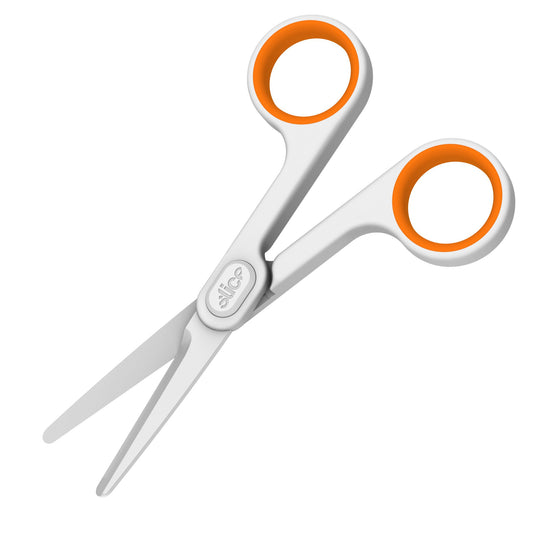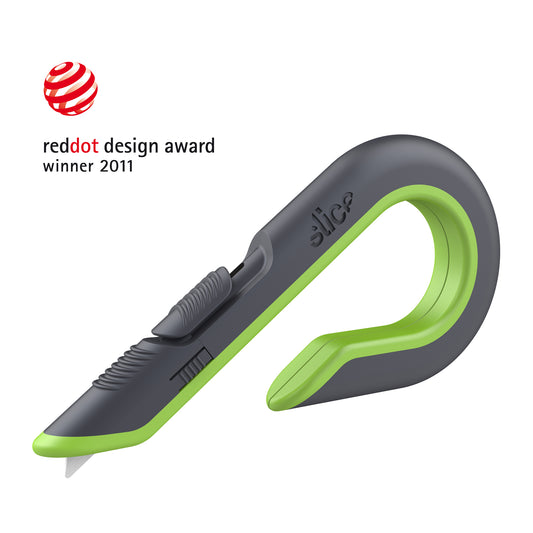Agricultural Chemical Manufacturer Eliminates Lacerations With Slice
As the General Manager of Manufacturing for FMC’s Australian operations, Stephen Poole was looking for a way to reduce hand lacerations. Employees were using various fixed-blade metal cutting tools, both for common office tasks and to open packaging for raw materials used in the manufacture of agricultural chemicals. This packaging includes fibreboard cartons, paper bags, plastic wrap, and bags woven from both natural and manmade fibres. He needed tools that were sturdy enough to do the job, but safer than the current blades.
The company’s solution was to implement a safety policy of no fixed blades, as well as to look for safer tools that would reduce the chance of lacerations. On the recommendation of FMC’s UK branch, Poole investigated Slice® tools as a possible solution, both for the shop floor and the office areas.
During this period [of safer blade policies], we have reduced lacerations on hands to zero from approximately five per year…
After trying the 10544 Ceramic Scissors (Small) and the 10503 Auto-Retractable Box Cutters, Poole decided to implement them as part of a larger hand safety campaign. This included the introduction of cut-resistant gloves and implementing the corporate glove policy, in conjunction with rolling out Slice finger-friendly® blades to replace fixed metal blades. The tools were well received and the results of the campaign were impressive. “During this period [of safer blade policies],” he says, “we have reduced lacerations on hands to zero from approximately five per year…”
Slice is always happy to hear about successful safety campaigns and companies developing a robust safety culture. We’re pleased to be part of FMC’s Australian efforts to protect its workers from lacerations.
-
Implemented
A safer no-fixed-blades and no-metal-blades policy for hand knives
-
Removed
Dangerous traditional blades from the office and shop floor
-
Eliminated
Lacerations with Slice blades and a focus on hand safety



